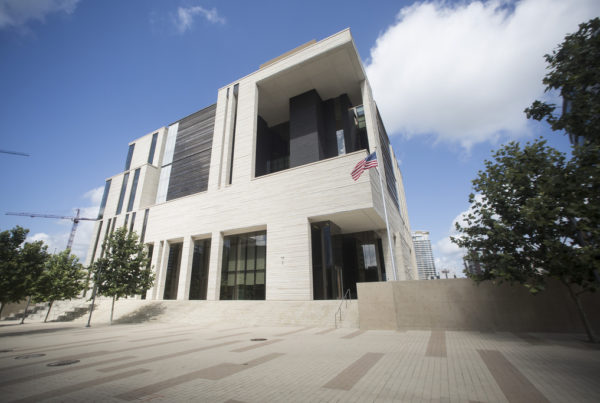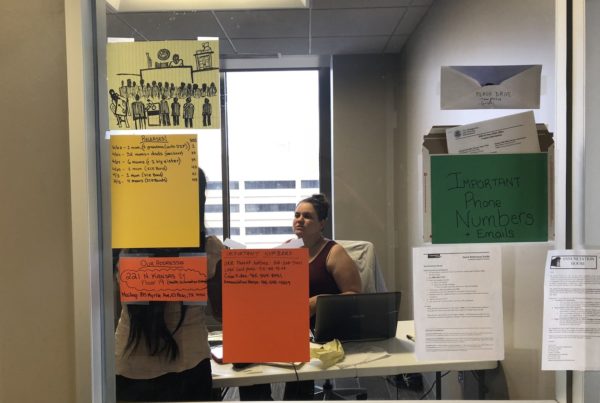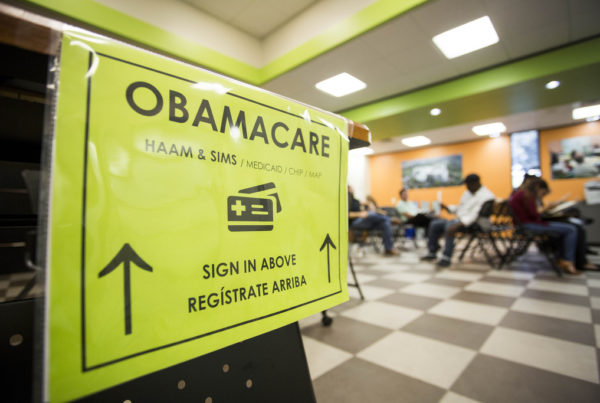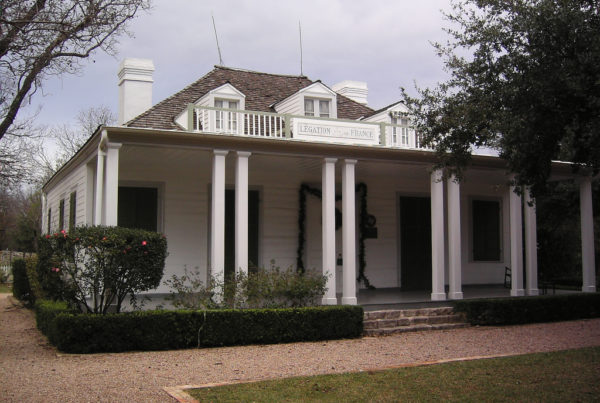Amazon is trying to decide where to put its next headquarters – and Dallas and Austin are among the 20 finalist cities. While there are many variables for Amazon to consider in choosing their next hometown, one of the most important may just be cold hard cash. We’re talking economic incentives – tax breaks that cities, states and counties can use to lure businesses that might not otherwise come to town. Or at least, that’s the idea.
Nathan Jensen is a professor in the government department at the University of Texas at Austin, and the co-author of ‘Incentives to Pander: How Politicians Use Corporate Welfare for Political Gain.’
Corporations or individuals have tried to obtain benefits from government for years – one of the first attempts dating back to 1160. But Jensen says economic incentives are rarely pivotal.
“So even in filming, for example, which is probably one of the industries where companies can move the most easily,” he says, “So you can set up shop for three months and film a movie – even those aren’t as nearly mobile as you’d expect.”
One example of an entity offering economic incentives in Texas is the Texas Enterprise Fund – a cash grant program.
“The Enterprise Fund will literally say, ‘We’re gonna give you $6 million under these set of conditions,’” Jensen says, “And those conditions are usually about employment.”
In Texas, the bigger incentive programs are about tax abatement. These deals do lead to employment gains, but the larger question is if workers the companies bring would be hired without incentives. Jensen says the takeaway from this is that politicians just don’t understand economic development incentives.
“I think the story – the political story that we tell in our book is that it’s a great way to take credit for economic development,” he says, “So even though it’s costly for us as taxpayers, for a politician – offering this is a great way to be at a ribbon cutting ceremony.”
Written by Amber Chavez.















